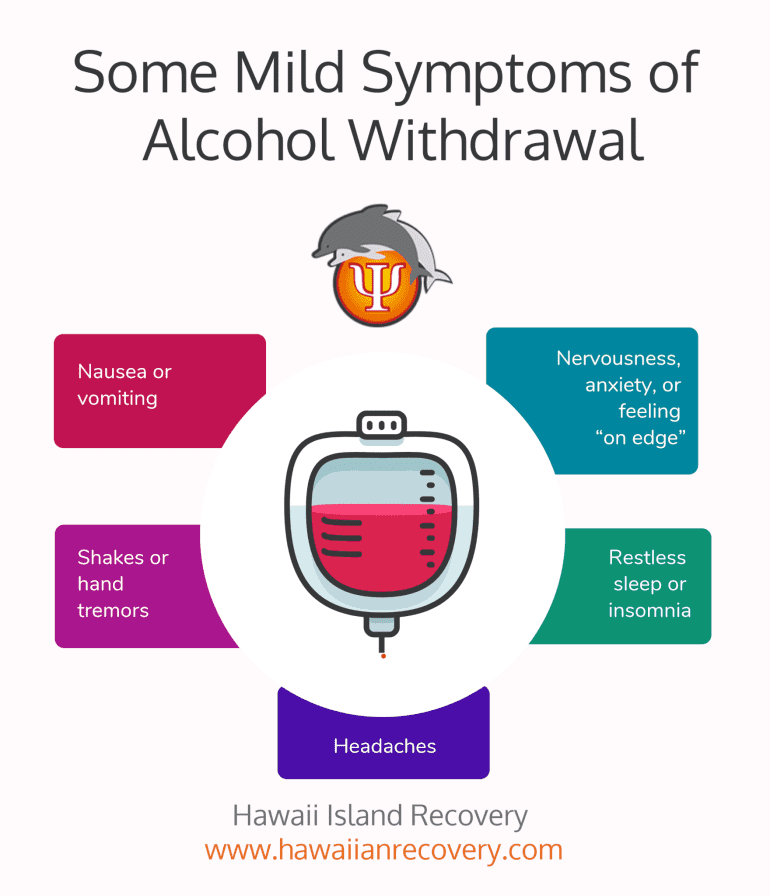Alcoholism affects not only the alcoholic but everyone who cares about them. Learn more about how to spot an alcohol addict before it gets too late.
Alcoholism affects not only the alcoholic but everyone who cares about them. Learn more about how to spot an alcohol addict before it gets too late. Figuring out how to spot an alcohol addict may not be as difficult as you think. After a while, alcoholics become fantastic at hiding their drinking from others. As people start to notice how much they consume, they start to make comments. In order to drink as much as they want without drawing attention, an alcoholic has to learn how to drink without drawing attention to it.
If you know what to look for, though, it becomes easier to spot an alcohol addict. No matter how sneaky they are, you can put the pieces together if you pay attention to their behavior. Many alcoholics share similar traits or tells that may give you a hint or two about what’s really going on.
Are you concerned about a friend or family member’s drinking? Maybe you noticed that they drink more often than they used to. Perhaps they don’t show up to events as often as they used to. But do you really know what types of things to look for? Continue reading to find out the top 10 ways to find out if someone is an alcohol addict.
1. They drink a lot of alcohol or for a lot longer than they mean to.
The easiest way to spot an alcohol addict is to take note of the amount they drink or how long they drink for. Alcoholics have little to no control over the amount they drink. Once they start it’s almost impossible to stop. If you notice they can’t keep it to a drink or two and seem to get completely drunk, they may have a problem.

2. They try to slow down or quit drinking entirely but can’t do it.
Someone with an alcohol addiction may try to cut down their drinking. They might even quit entirely. If they can’t control the amount they drink or they continue to start after they stop, this behavior is a telltale sign of a problem with alcohol.
3. Their drinking makes them sick often enough for it to be noticeable.
Most everyone has a night or two where they drink too much and have an awful hangover the next morning. Someone with an alcohol problem, though, is hungover more often or more severely than a normal drinker. If you notice how sick they are the following day more than a few times, they may have a drinking problem.

4. The amount they drink or how often they get sick from drinking affects their performance at work or school, or their ability to take care of the house.
When someone’s drinking starts to impact their ability to take care of their responsibilities, it’s difficult to say that they don’t have a problem. Normal drinkers can still manage their job or education but someone with a drinking problem often faces challenges in these areas. If you want to spot an alcohol addict, observe their performance at work, in school, or around the house.
5. No matter how many problems arise with friends or family, they keep drinking.
If drinking gets in the way of family or friends, someone with a drinking problem may often choose the first option. When they skip family gatherings or spending time with friends you might have a reason to feel concerned about their drinking.
6. They lose interest in activities or hobbies they used to enjoy doing.
Heavy drinking makes it difficult to participate in activities you used to enjoy. Too often, the drink becomes more important than anything else. If you are trying to spot an alcohol addict, pay attention to whether or not they stopped doing things they used to love doing.
7. Dangerous situations or trouble with the law seem to be commonplace in their lives.
Alcohol use impacts decision making skills and risk assessment. If someone is a heavy drinker, they may find themselves in dangerous situations on a regular basis. These activities might include driving under the influence, behaving recklessly, having unsafe sex, or combining alcohol with other drugs. Their actions might cause run-ins with the law at some point as well.

8. Their drinking helps them cope with a mental health issue like depression or anxiety. Or they drink despite the depression and anxiety that
drinking causes.
Many people forget that alcohol is a depressant. It might make you feel happier for a brief moment but over the long-term it negatively impacts mood and productivity. Some people drink to dull these symptoms of depression which lead to a deeper depression. The vicious cycle continues and the drinker finds themselves trapped. If they drink to cope with their depression, this is another obvious way to spot an alcohol addict.
9. They have to drink more than they used to in order to have a good time.
Heavy drinkers develop a tolerance to alcohol as time passes. This means that it takes greater amounts to reach the feeling of intoxication they desire. The longer someone drinks for, the more they need to drink to feel the effects. This ties in with the first sign to look for to spot an alcohol addict: observing the amount of alcohol they drink.
10. If they haven’t had a drink in a while, they experience symptoms of alcohol withdrawal.
Symptoms of alcohol withdrawal range from mild to severe depending on how much someone drinks and how long they have been drinking for. Some mild symptoms of alcohol withdrawal you may notice include:
- Nausea or vomiting
- Nervousness, anxiety, or feeling “on edge”
- Shakes or hand tremors
- Headaches
- Restless sleep or insomnia
More serious signs of alcohol withdrawal include delirium tremens, a serious condition that includes delusional thinking and hallucinations.

Getting Help if You Spot an Alcohol Addict
If you are worried someone you love has a problem with alcohol, seeking treatment might be the next best step. Treatment centers like Hawaii Island Recovery offer programs to provide your loved one with the help they need to quit drinking. Call us at 877-721-3556 to speak with a certified professional who can help you make the best decision for the person you care about.
 Hawaii Island Recovery
Hawaii Island Recovery 










